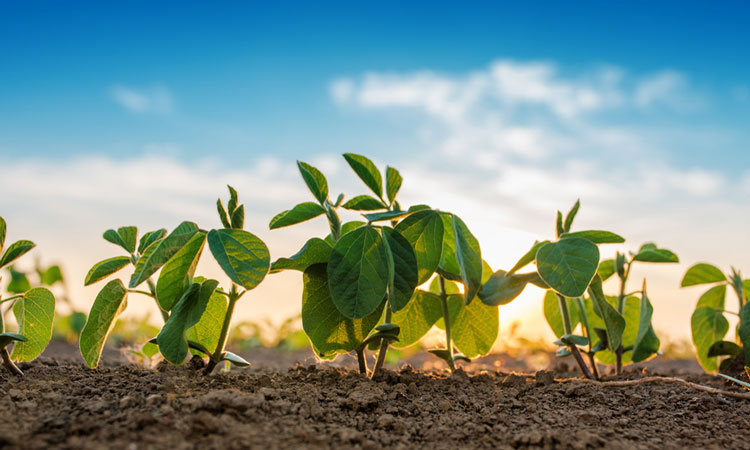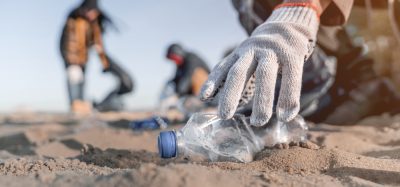Rising temperatures could safeguard crop nutrition, at the expense of yield
Posted: 22 January 2019 | New Food | No comments yet
Conflicting research does not always show what will happen – only what might. Here, researchers predict changes to crops as temperatures continue to rise.


Recent research has shown that rising carbon dioxide levels will likely boost yields, but at the cost of nutrition. A new study in Plant Journal from the University of Illinois, US Department of Agriculture Agricultural Research Service (USDA-ARS), and Donald Danforth Plant Science Center suggests that this is an incomplete picture of the complex environmental interactions that will affect crops in the future – and rising temperatures may actually benefit nutrition but at the expense of lower yields.
Two years of field trials show that increasing temperatures by about 3 degrees Celsius may help preserve seed quality, offsetting the effects of carbon dioxide that make food less nutritious. In soybeans, elevated carbon dioxide levels decreased the amount of iron and zinc in the seed by about 8 to 9 percent, but increased temperatures had the opposite effect.
“Iron and zinc are essential for both plant and human health,” said Ivan Baxter, the Principal Investigator at the Danforth Center. “Plants have multiple processes that affect the accumulation of these elements in the seeds, and environmental factors can influence these processes in different ways, making it very hard to predict how our changing climate will affect our food.”
“This study shows that a trade-off between optimising yields for global change and seed nutritional quality may exist,” said co-principal investigator Dr Carl Bernacchi, a scientist at the USDA-ARS, which funded the research along with the USDA National Institute of Food and Agriculture.
The team tested the soybeans in real-world field conditions at the Soybean Free-Air Concentration Experiment (SoyFACE), an agricultural research facility at Illinois that is equipped to artificially increase carbon dioxide and temperature to futuristic levels.
“It’s a very controlled way of altering the growing environment of crops in agronomically relevant situations where the plants are planted and managed exactly like other fields in the Midwestern United States,” Dr Bernacchi said, who is also an Assistant Professor of Plant Biology and Crop Sciences at Illinois’ Carl R. Woese Institute for Genomic Biology.
The research team now plan to design experiments to figure out the mechanisms responsible for this effect.
Related topics
Environment, Food Security, Health & Nutrition, Research & development, Supply chain, Sustainability, The consumer









